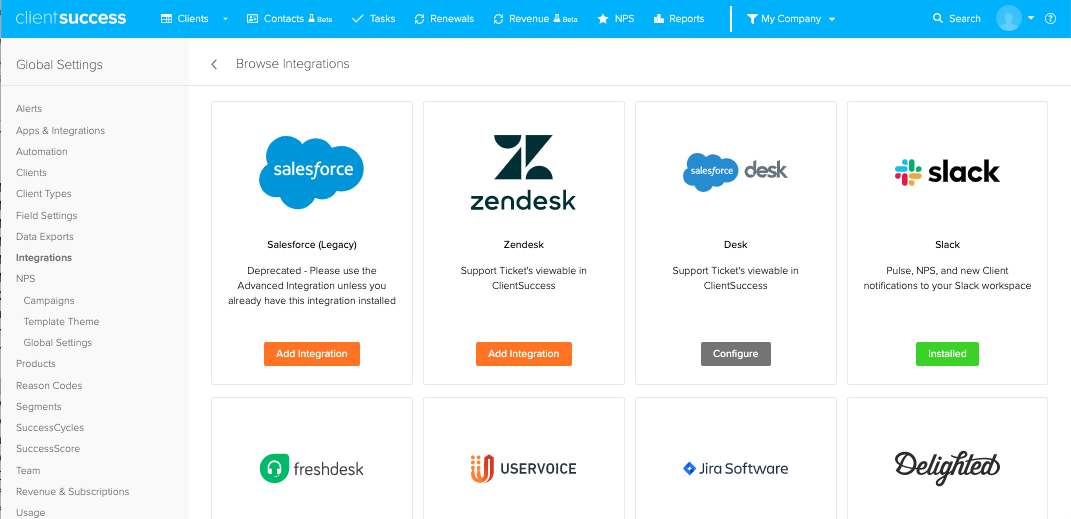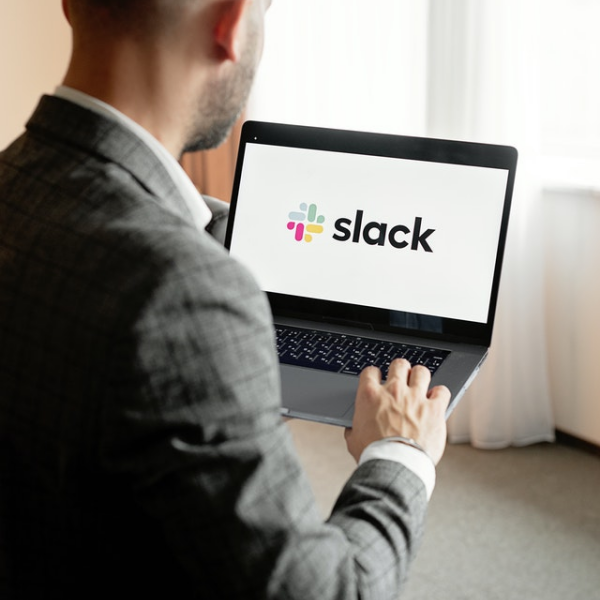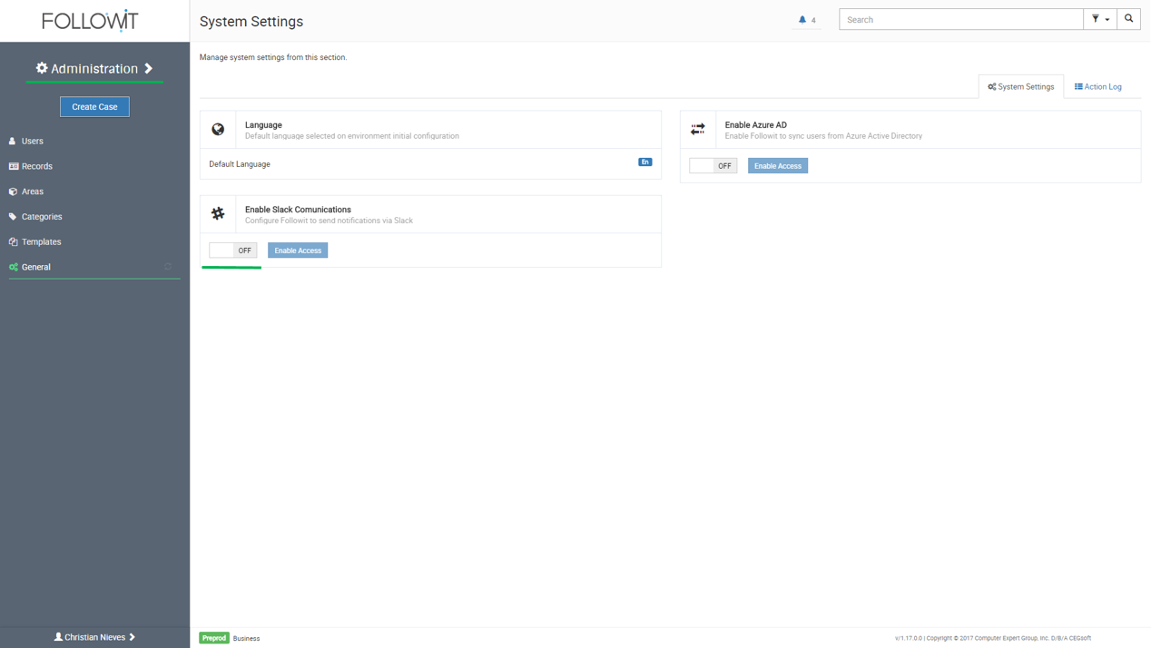

A step can perform a basic task such as post a message into a conversation or prompt a user for short-form information in a modal. Or they could be automatic, like scheduled dates and times, or posting to a webhook.

They may be user-invoked actions, like selecting a shortcut or reacting with an emoji. Workflows are built with Workflow Builder using a limited set of triggers and steps. Slack workflows are no-code solutions that automate routine tasks in Slack.

Workflows: automate routine actions, no code needed Read on to learn more and decide the best route for you. You can use workflows and apps on their own, or combine them as your needs demand. Slack apps use a range of APIs to access much deeper levels of customization.Workflows provide a no-code solution to automate routine tasks, using predefined triggers and steps.The Slack platform offers a couple of different routes to automate and enhance your Slack workspaces: We'll point you in the right direction to learn even more about each piece along the way. To include a remote file with the Slack message, use these attributes underneath the file key: AttributeĪn optional username if the URL is protected by HTTP Basic Auth.Īn optional password if the URL is protected by HTTP Basic Auth.Keep reading to get an overview of our platform's features. To include a local file with the Slack message, use these attributes underneath the file key: AttributeĪ local filepath that has been whitelisted. Note that using file will ignore all usage of blocks and blocks_template (as Slack does not support those frameworks in messages that accompany uploaded files).

The same as blocks, but able to support templates. NOTE: if using blocks, they are shown in place of the message (note that the message is required nonetheless). The following attributes can be placed inside the data key of the service call for extended functionality: AttributeĪ file to include with the message see below.Īrray of Slack blocks.


 0 kommentar(er)
0 kommentar(er)
